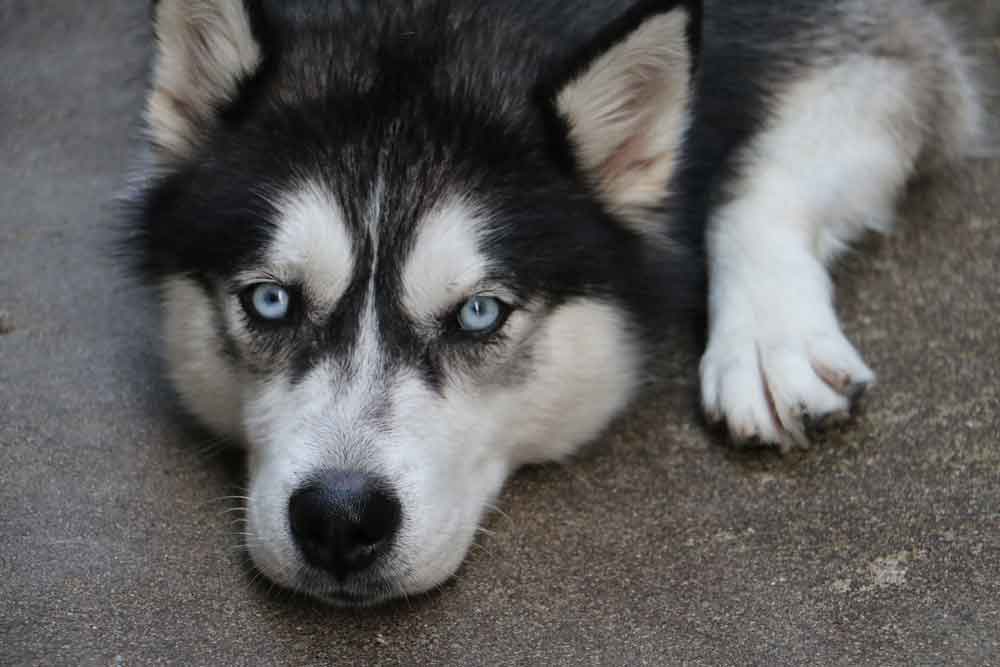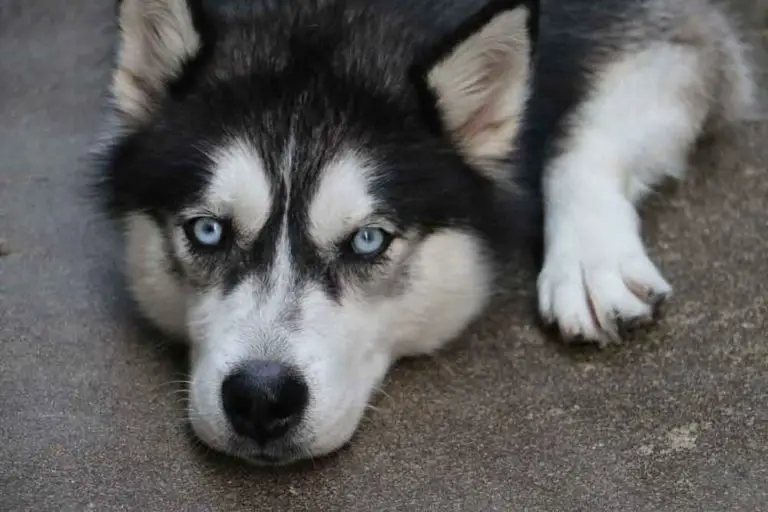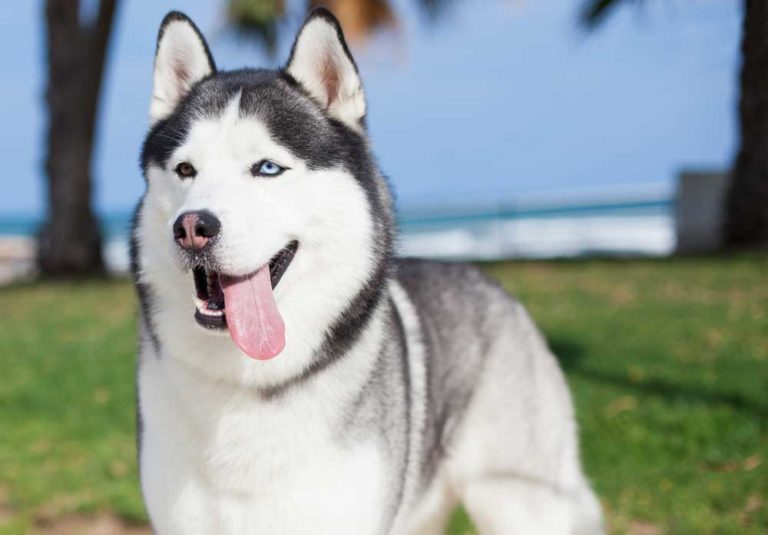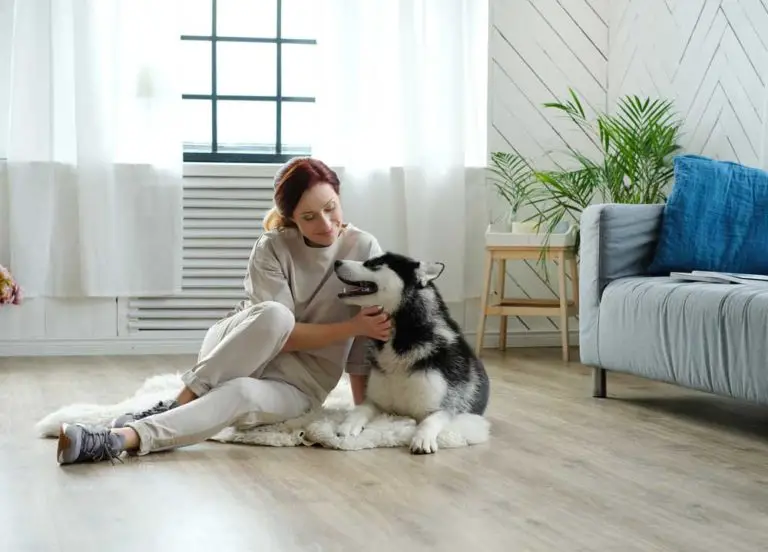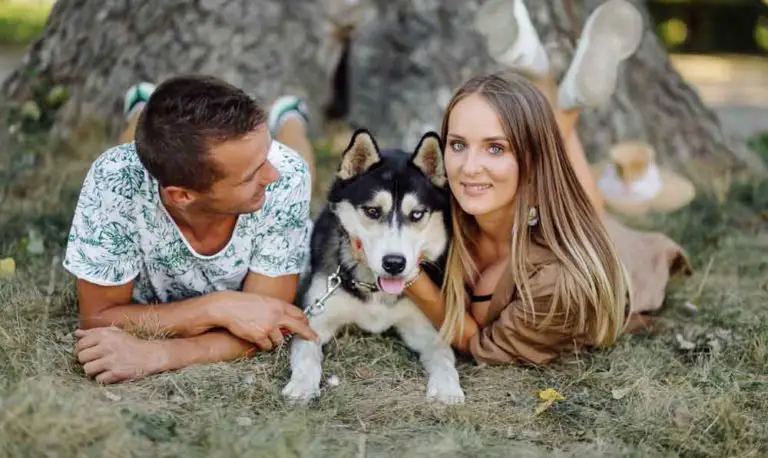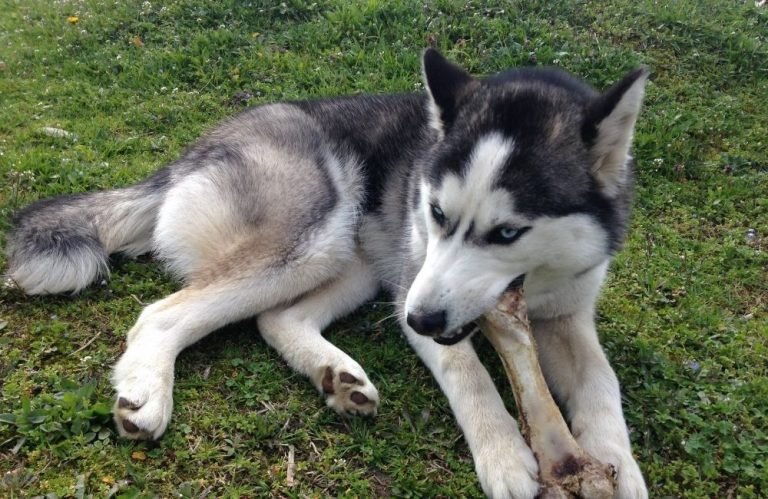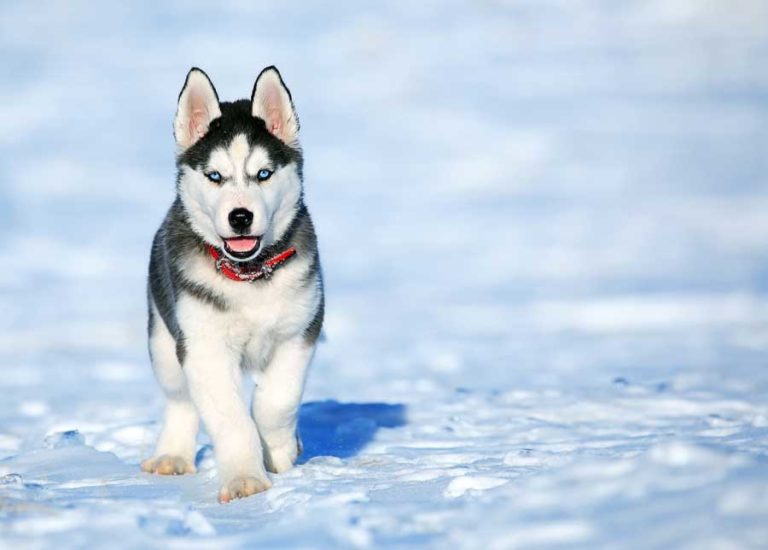Are Huskies Hypoallergenic? Tips For Families With Allergies
Developing allergies from pets occur due to modifications in a person’s genetic makeup. Some dog breeds are classified as hypoallergenic in nature. But most dogs do not belong to this category. Also, no dog can ever be completely hypoallergenic.
Siberian Huskies are among the most loved dog breeds across the world. Their characteristic white-gray fur and jovial nature have gained them immense fame since the beginning of the 19th Century. These giant beasts are unquestionably friendly and loyal to their owners.
But are they hypoallergenic? Can you pet a Husky if you are allergic to dogs?
The answer to both the questions is “no.” Siberian Huskies are not hypoallergenic, and if you are allergic to dogs, you should not get them whatsoever. Huskies have a double coat of fur to battle with the extremely cold weather conditions. They shed twice a year heavily. Also, they shed regularly to some extent. Hence, they are not considered hypoallergenic breeds.
What do you mean by hypoallergenic dogs?
In simple words, hypoallergenic breeds are those that do not cause allergic reactions to allergenic people. Even if you are allergic to dogs, you can still pet or spend time with these breeds. Breeds like Shi Tzu, Poodle, etc. belong to this group. According to a survey by Asthma and Allergy Foundation in America, 3 out of 10 people are genetically allergic to cats and dogs.
Brief History of the great Siberian Husky:
It was identified in late 2015 by genetic marker related study, that Siberian Husky has a close relationship with Chukotka sled dogs from Siberia. Siberian Husky was originally developed by the Chukchi tribe from the Chukchi-Peninsula, which was located in the Eastern parts of Siberia. In the early 1900s, they were first born to Nome, Alaska, for the purpose of Sled-dog racing. Siberian Husky has always maintained the Siberian lineage since the beginning. They have also been linked directly to the famous trans-Siberian Wolves.
The name Husky came from the Eskimo name “Esky.” Eskimos used to call their dear pet dogs by this name. Siberian Huskies gained popularity with the “Great race of Mercy.” In this story, there were two famous Huskies named Balto and Togo, who helped immensely during the legendary Serum Run in 1925. These two Huskies became famous due to their fabulous running skills. Although Balto gained more fame for running the final leg of the Serum-run of 53miles, Togo ran the longest stretch of the race.
Huskies have also been part of major army missions and activities worldwide, especially in the Arctic regions. They were the British Sledge dogs, in the Arctic survey in between 1944-1994. They also served in the United States of America Army’s Arctic Search operations of Air Rescue Command during World War II. Their popularity and utility have increased ever since.
What causes allergic reactions from Huskies?
The major component that causes allergies from Huskies is Histamine. It is a kind of allergen. Biochemically allergens are proteins in nature. These are mainly present in Husky’s saliva, dander, and urine.
Histamines can remain on your body surface for a very long period of time. These triggering components will pass inside your body through nose, eyes, and mouth and cause allergic reactions. Ultimately causing symptoms like severe sneezing, coughing. Without taking anti-allergic medicines such as Montelukast (please ask your doctor for the required dosage), you will not be able to get rid of allergies of this kind.
Now let us talk in detail about some major allergic symptoms. There are some basic symptoms that you may exhibit if you are moderately allergic to furry animals. These include; inflamed eyes, stuffy nose, uncomfortable feeling, breathing problems, bump, and itching feeling inside the throat. Severely allergic people show symptoms like rashes of face, arms, neck and chest, asthma attacks, and loss of breath as well.
Huskies also drool excessively. They are big dogs hence the amount of saliva produced by them is a lot more in volume than dogs of smaller size.
How much do these Huskies shed?
As mentioned before, they come up with a double coat of average length hair. Their surface coat is composed of coarse hair follicles, and the inner coat has soft small, and dense hairs. They are also referred to as Mountain Dogs. Such dogs shed heavily during the months of autumn and spring. During this point in time, their hair fall increases drastically. You require to brush them daily in order to get the hairs out of their skin. They also shed moderately throughout the year. The main reason behind shedding is the maturation of the hair follicles. It is a natural process and is observed in most of the furry dogs. If you live in a warm weather with your Husky, then their rate of shedding will definitely increase a lot more. One of the causes of such occurrence is their biological clock will suggest that it is the spring or autumn season.
Tips for families with allergies:
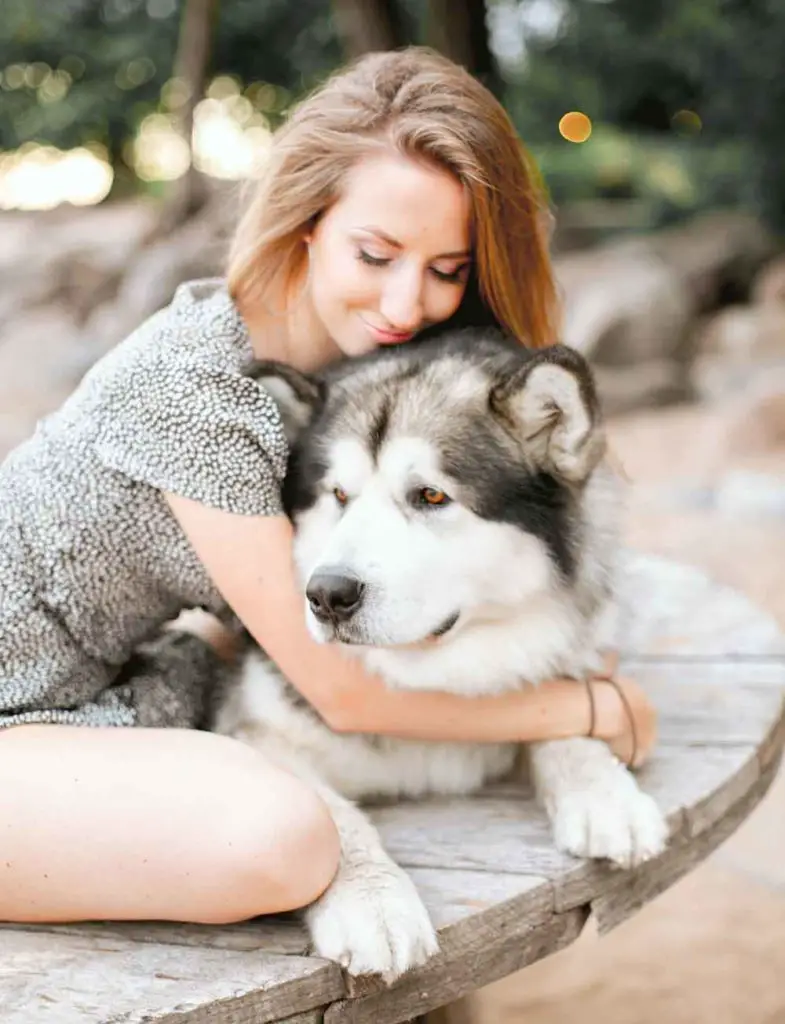
As dog lovers, we all love a few specific breeds the most. Unrealistically, no matter what happens to us, we just want to have one pup of our favorite breed to stay with. If you are allergic to fur, histamine, and dander, there are certain safety measures that you need to follow. Although if you are highly allergic, it is better to stay away from them to avoid any critical medical situation.
- Keep Your Dog Hydrated: Provide ample amounts of water for better digestion.
- Vacuum Daily: No matter how clean you think your house is, there will always be some hair follicles on the floor. Hence, vacuum your floor or carpet daily to decrease the chances of allergies.
- Clean the Dog Bed Every Day: Huskies are pro-active dogs. They jump and play-around throughout the day. Hence, you do get a lot of time to clean your puppy’s bed. Change the sheets regularly. Do not forget to vacuum the bed every single day. You can keep the bed in the sun for some time, tri-weekly. It will dry out the histamine or saliva.
- Good Nutritious Food: Do not give oily food to your furry mate. Fatty food can increase the chances of shedding.
- Brush Your Pup Regularly: Brushing your Husky’s coat gathers the loose hairs all at once. It also removes dander. However, always wear a facemask and pair of gloves before brushing.
- Regular Baths: Bathing your pup is highly essential. It is the only way to get rid of the excess histamine that they produce. Inquire your vet about some good quality medicated shampoos and conditioners, which can decrease hair fall. Give them a gentle bath every two to four weeks and always completely dry their coat with a hairdryer. Wet hair will cause skin infections.
- Stay Clean and Make Sanitization Your Habit: Always wash your hands for 20-30 seconds after petting or playing with your bud. It will decrease the risks of allergens entering through your mouth or nose.
You can also consult an ENT specialist for anti-allergic drugs. It blocks the excessive secretion of histamine that enhances mucus secretion in your body, giving allergic responses.
We all love Huskies for their active and fun-loving nature. They are immensely faithful and understanding creatures. They are your biggest cheerleader as well. They are great as a family dog. They take care of the kids, protecting them 24*7. They love to play around them. Likewise, kids love Huskies.
These are some of the major reasons why you should own a Husky. Even if you are moderately allergic to them, you can take a chance and spend some time with them to check if you get any severe reaction. With the mentioned precautions, we think you can pet a Husky, but we suggest you consult your doctor before getting one.

